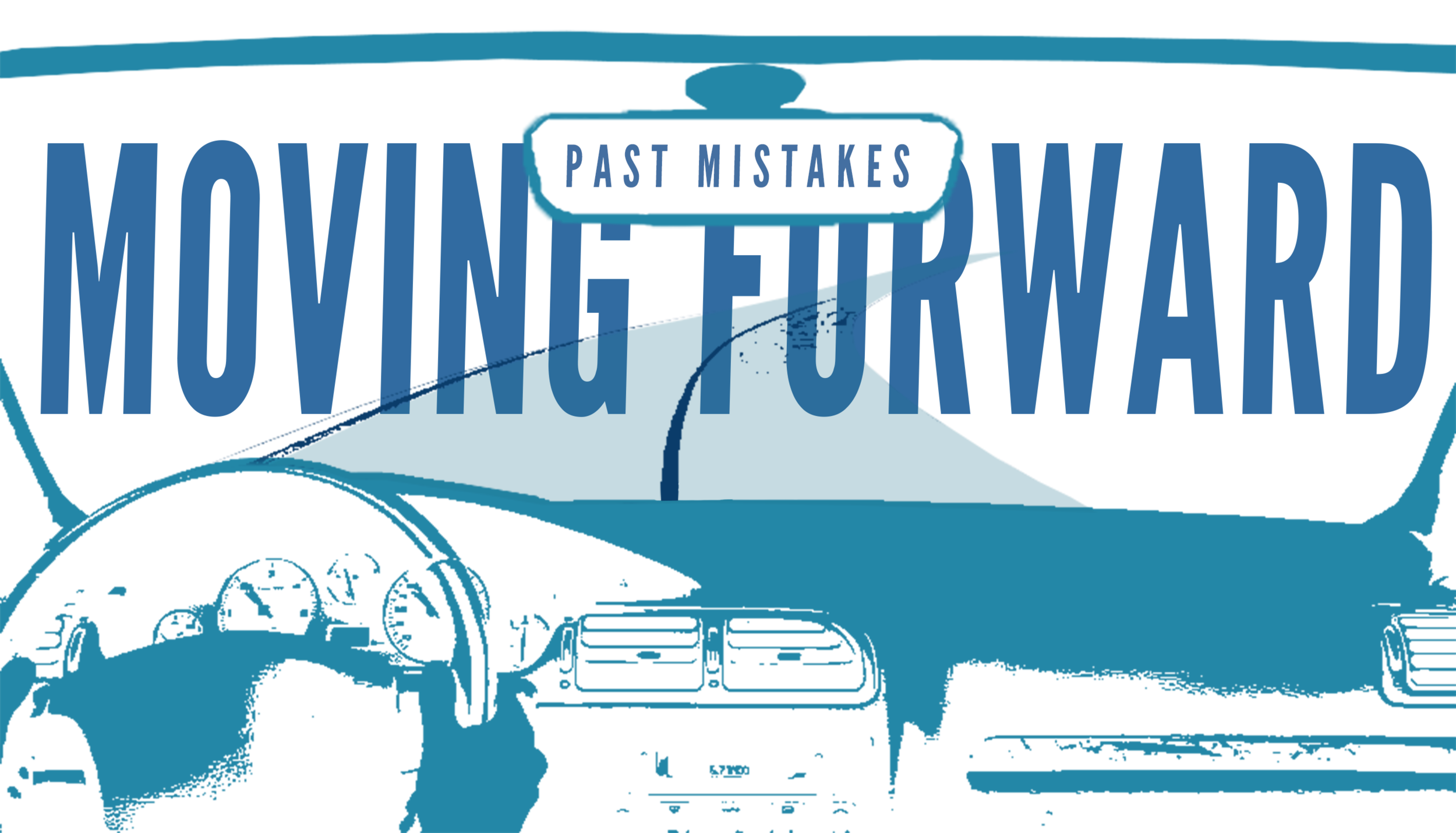The Windscreen and the Rear View Mirror
When your sole purpose as a people development organisation is to study hundreds if not thousands of human beings every year, you quickly become marvelled by the true diversity of the human condition, in this blog, we’re going to discuss the different ways in which people react to failure, and how we can move forward and leave the past behind us.
Working with such a range of individuals can be both liberating and frustrating. It can be liberating in the sense that you hear the stories of triumph over adversity; for example, the people who may have been through a rough patch in their life but didn’t allow it to hold them back from what they wanted to achieve. The particular goal achieved doesn’t have to be something outstanding, just significant enough to produce a sense of happiness, contentment or satisfaction - knowing you prevented something from holding you back.
Alternatively, frustration is just as potent when dealing with human beings. Especially when dealing with those who are capable of so much and have the potential to be fantastic individuals, but are held back by themselves. Whether this is caused by a past mistake, anxiety or a high degree of self-criticism, it will always stand in the way of the freedom to move forward.
We could investigate why this is the case, but the truth is; it is different for everyone. It all depends on influences during our formative years, bias, perceptions, unconscious motivators, or sense of purpose. Most of these are deep seated and make us who we are. After all, we all see the world in a certain way for a reason. As we develop and evolve during our lifetime, rarely do we undergo any significant change on the surface without extensive work, reflection or guidance from a specialist. It is our perception that is susceptible to change, for good and bad.
As Bad as we Think? Managing our Mistakes
Let's say you’ve made a mistake; you’ve missed a deadline or a project didn’t go as well as you had hoped. Would you consider this a disaster? Will everyone remember you for this mistake and your reputation be ruined?
One of our past delegates worked within a Bomb Disposal unit. We asked him about his general mindset on the job, and how he controls himself in those crucial life or death scenarios. You’d expect him to talk about how stressful and tense these moments are, similar to those in an action movie, however, this was not the case. He stated calmly that he either gets it right, or he doesn’t. This steadiness surrounding a literal life or death scenario is gained firstly from having the knowledge and experience essential for doing the job, but also by having the mindset which allows him to focus on the success, whilst also having a realistic view of failure injected in there.
However, not everyone is capable of being a bomb disposal expert. The reality is that the rich tapestry of life is rich for a reason. Some of us are our own biggest critics. This is not necessarily a bad thing, as we can harness our self-perceived criticism and make sure we don’t block ourselves from progress. Everybody will make mistakes from time to time and it's guaranteed to happen again. Usually our own mistakes are rarely as extreme as we imagine them to be and most of the time, other people have too much to worry about in their own lives than think about your errors. While it's true that some mistakes are more significant than others, they still don’t have to be perceived as world-ending disasters. Let's try and manage our Chimp, engage our logical, rational brain and develop a process to make changes.
What causes us to stick with things we know aren’t working?
Commitment Bias-
A tendency to let our past decisions and actions dictate how we behave now and in the future, even when knowing we are being irrational.
Closed-Loop Thinking
Pre-determining what will happen in an event or situation before it occurs.
Knowing this, what can we do to prevent this mindset? Firstly, before we consider this, we need to be honest and authentic; what will this look like in my world? We have to put information into our own context to understand it better. What may work for a friend, colleague or a social media influencer won’t necessarily work for you. You have to be careful not to set yourself up for failure, which could potentially discourage you from attempting change in the future. Something we can do to manage failure better, is to first acknowledge our own mistakes rather than move the blame around. We see a lot of people who have worked in ‘blame cultures’. These environments always have fingers pointed as soon as something goes wrong. We’ve all worked with the people who throw their hands and go ‘it wasn’t me boss, nothing to do with me’, even though they contributed. Avoiding or re-directing a mistake similar to this is an extremely bad habit to have. If we never acknowledge our mistakes, we will never learn or benefit from them.
“Maturity: apologising when you’re at fault. Admitting your mistakes and learning how to not make them again.”
Acknowledging our mistakes is the first step. The next step is ensuring that we don’t allow it to define us or our perception of ourselves. The key is making sure you understand why the mistake happened. This will help you to more effectively rectify the mistake should it happen again, or even better, simply not repeat the mistake again.
The statement ‘we either win or lose’ isn’t a great one, a better alternative would be, ‘we either win or learn’. What are you most proud of in your life right now? The likelihood is that the thing you are most proud of was either, A) difficult to achieve, or B) took repeated failure before achieving it. The reason you were able to keep motivated throughout this goal is because you had a true passion for it; for either the task itself, or for the result at the end of it. If we could harness this passion for every task we completed, we would become more efficient as a person, and more successful as a result.
So the question is, what exactly does the title ‘The Windscreen and the Rear View Mirror’ have to do with what we’ve discussed? Well, we need to ask ourselves why windscreens are so big but rear view mirrors so small? It’s because you are moving forward and the past is behind you. The rear view mirror is still essential as you need to be aware of your past to prevent making the same mistake twice; but the windscreen needs to be larger because you are moving forward and there is a lot to see out there, and avoid! Moving forward is embracing the future… and the future is bright.


